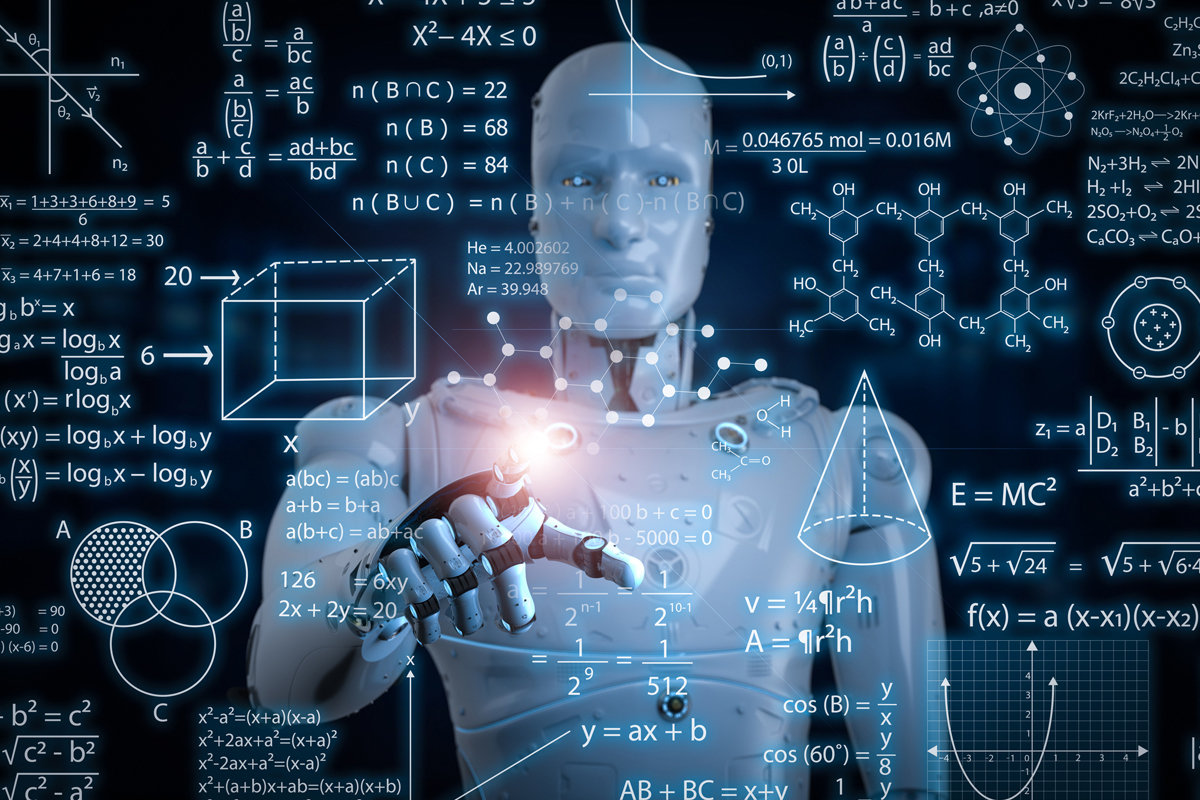Eniola Olawale and Joseph Adebowale are two undergraduate students of the University of Ibadan, Department of Computer Science who are also learning robotics and artificial intelligence (AI) from a private tutor.
In less than an hour, the duo can simulate self-piloting car after two weeks of training in robotics and artificial intelligence.
Olawale and Adebowale are just two out of more than 150 students being taught by Khadijat Ladoja, an expert in Machine Learning, Robotics and Artificial Intelligence.
According to Ladoja, the initiative is borne by her quest to introduce critical thinking and problem-solving skills to the younger generation.
The programme, she stressed, was geared at resolving the country’s unemployment problem and she established the Robokids Academy in 2018 as a way of giving back to her community.
Read Also: IPMAN denies calling for scrapping of Petroleum Equalisation Fund
“My worry then was; why do we have to follow the trend of going to primary, secondary and higher institutions, and every one of us get into the labour market only to keep searching for jobs? Very few end up as entrepreneurs and do something related to what they learned in school,’’ she said.
She noted that the situation has turned a lot of graduates into petty traders dealing in clothing and shoes.
“We then found out that there is a lot of mix up in the kind of training they must have had; in my quest for solutions to the problem, I realised that our education system is not achieving its primary goal, which is to deliver critical thinking skills to students.
“I discovered that robotics answered the question completely. Children find it to be fun, they engage in it, they learn to work as a team because it is always a big project. You just have to share it among your friends to execute,’’ she said.
In November 2020, Nigeria inaugurated her first National Centre for Artificial Intelligence and Robotics (NCAIR) in bid to position the country for the fourth industrial revolution, which is driven by emerging technologies.
Dr Isa Pantami, Minister of Communications and Digital Economy, said the emerging technologies included Artificial Intelligence, Internet of Things, Robotics, Cybersecurity, Virtual Reality, Augmented Reality, Block chain, Big Data Analytics and Cloud Computing, among others.
Besides setting up a centre, experts call for a better integration of technology in schools’ curriculum, from elementary level to the tertiary level.
This, according to Ladoja, will promote logical thinking and set the pace for national development.
She said: “The four Cs of education in the 21st century are Creativity, Critical thinking, Collaborative Skill and Communication Skills; these basically solve the problem of people leaving school.
“It doesn’t matter whether you made a first class or a third class pass, the most important thing is out of all of the courses you had taken in school, was there one that you could leverage to solve real life problems?
“Once you are able to do that, then you are fine. It is because we are not solving problems that we have poverty on the high side and people are still seeking jobs’’.
She said that Information Technology (IT) must be introduced into every sphere including law, medicine, teaching, thereby creating new jobs and more solutions to challenges.
Sharing similar sentiments. Victory Yinka-Banjo, a 17-year old student ambassador for the Technovation Girls International Coding Community and app developer, emphasised the benefit of robotics and modern technology to societal progress, observing that, it is important for girls, in particular, to commit to the pursuit of technological knowledge.
Recently, Yinka-Banjo led an all-female team of four to victory, at the regional Technovation Girls Challenge, in a competition spanning the entire Africa. Since they emerged champions, the teenager has been using social media to teach other girls and encourage them on robotics.
She said: “I want to help other girls succeed, so I run a coding club where I teach MIT App Inventor to other teenagers interested in coding, for free, and I recruit young girls for the Technovation Challenge.
“I like discovering things, I love solving things and learning new things a lot. I spend time on YouTube watching random videos along with some scientific facts.
“Knowledge is never wasted, I think knowledge is power. As a scientist you can always contribute to the body of knowledge, and there is so much to know.”
Mr David Afolayan, the Chief Executive Officer, GISKonsult, Ibadan, Oyo State, however, argued that geography could play a major role in the development of technology.
According to him, introducing students early to geography will offer them great advantages in life.
Afolayan says a new trend in advancement globally is happening when students with the knowledge of geography get interested in their environment.
He said: “They are now able to identify problems around them and they are motivated to solve problems. And this is just the way to go because, as Africans and Nigerians, we are the ones that will bring solutions to our world’’.(NANFeatures)
**If used, please credit the writer as well as News Agency of Nigeria (NAN)

